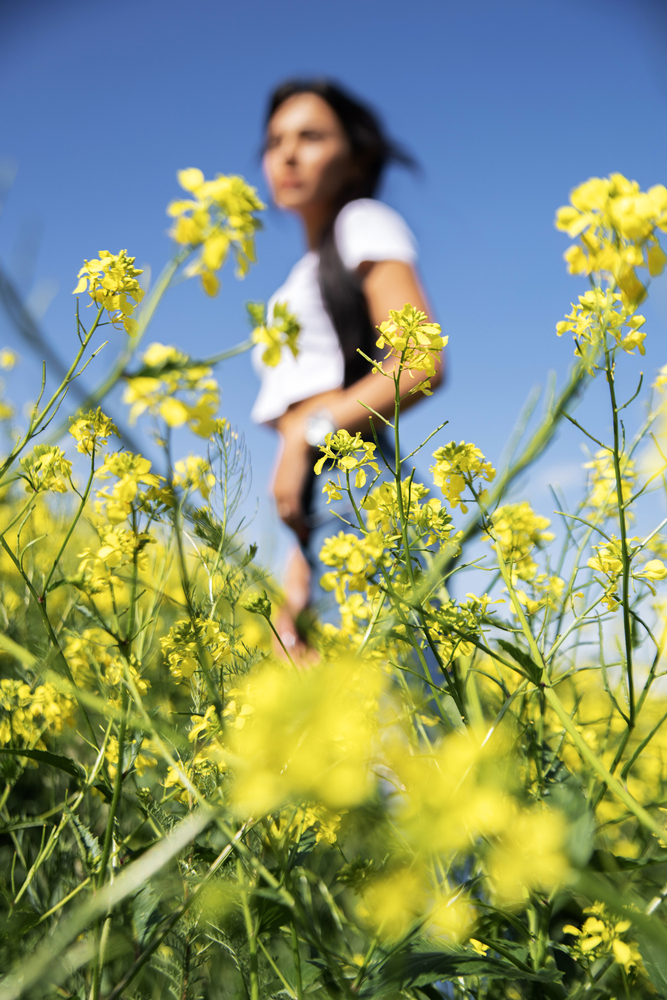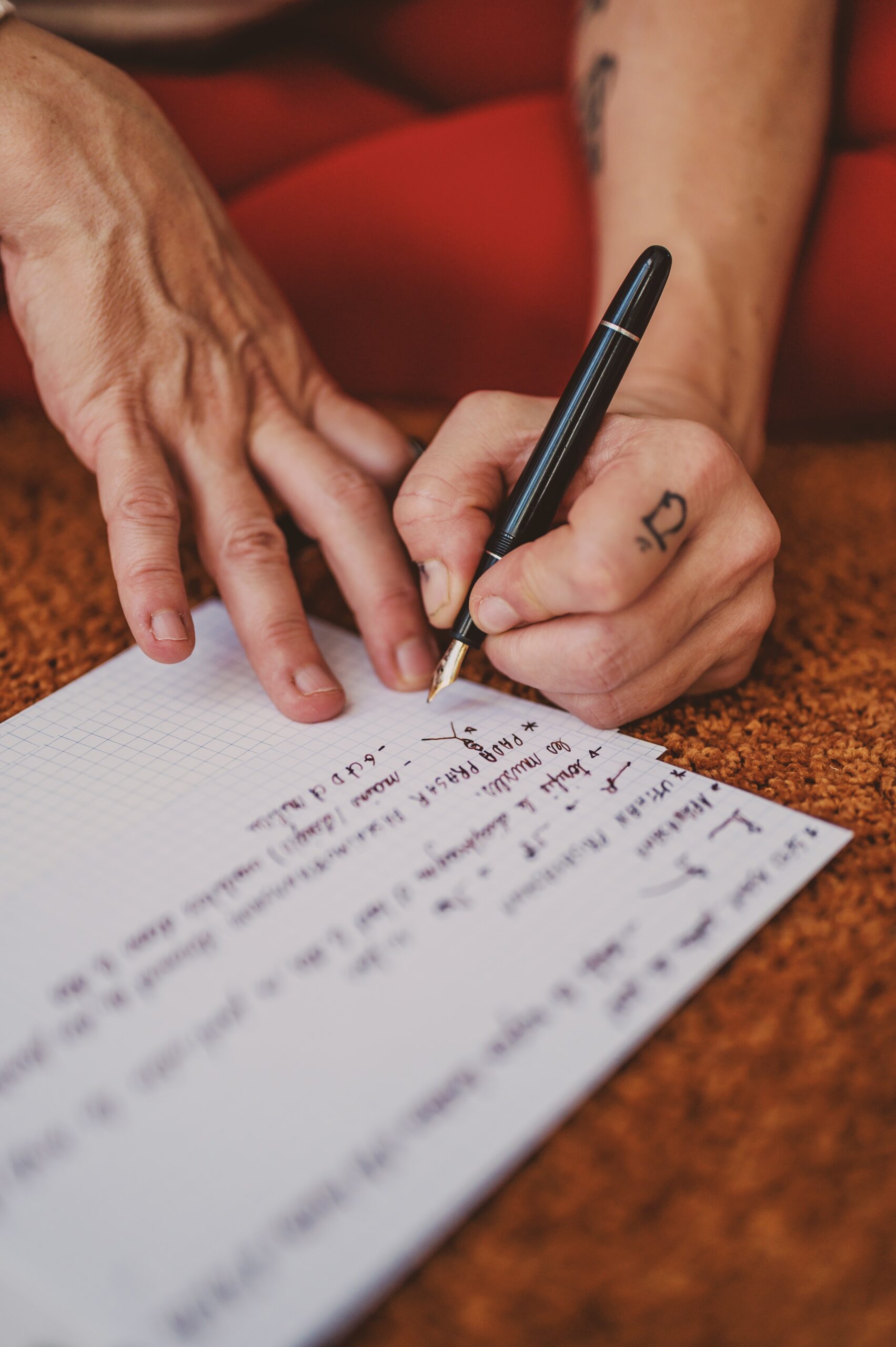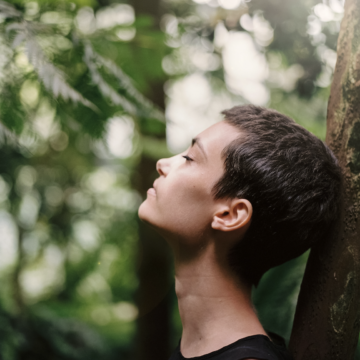There are a few key traits that can help make us all healthier, happier, and more secure.
There’s a lot of talk about the power of resilience and how bouncing back after life knocks you down isn’t a set capability that we either have or don’t have. It’s a skill, and — like any skill — it can be learned.
This isn’t just the ability to change. You’ve probably heard the old saying, “The only constant in life is change” and that’s very true. Change itself is inevitable. Every time a major life event is thrust onto us, parts of our behavior and habits shift to accommodate it, whether we want them to or not.
A new baby, heading off to school, buying a home, losing a loved one, starting a second career (ahem, doing any of these things during a pandemic) — each of these milestones creates change.
Here’s the thing: changes happen whether you want them to or not. How we adapt to them — how we harness the potential of those changes and ride the wave to ultimately benefit ourselves — that’s up to us.
Left unmanaged, changes control you. Adaptability gives you the power to control how you change.
Adaptability is a mental muscle that we can cultivate in our everyday life. We can train it and have it on standby to use when we need it most. Not only to take negative changes in stride but to seek out change and anticipate its effects so that we can thrive from it. Inevitable change can be fuel for us to hit our goals and live a healthier, happier life.
There’s a huge difference between mindlessly flip-flopping whenever we get stressed and knowing when to intentionally, purposefully adapt. Building adaptability in ourselves is a matter of opening our minds, setting intentions, and repeating them until they become second nature.
Managing Anxiety

Learn how to “un-learn”
Identifying when it’s time to let go of one way of thinking is just as important as adopting new mindsets.
Our lives are filled with examples of these: Think of them as training wheels for your brain. When we first set out to ride a bike, they help us physically learn how to ride while, maybe most importantly, giving us a little bit of security that we won’t fall.
That’s great at first, but once we could ride without the training wheels they become a hindrance instead of a help. They hold us back. We might not even recognize it because we’re so used to them being there we think we can’t succeed without them.
Looking back on your own experience, there will likely be times where it feels like being stubborn or “sticking to your guns” helped you get past a problem. When you were less experienced or afraid of change, these attitudes assisted you, just like a training wheel.
Now that it’s time to grow beyond them, you need to recognize the behaviors that are no longer serving you and actively un-learn them. This will give you a clean slate where true adaptability can take over.
- When you notice a habit that’s not making you happy, note it for what it is without attaching shame or negative feelings of failure to it. Everyone has less productive habits they’d like to change. Blaming yourself up for having them will make them harder, not easier, to change.
- Look for the triggers that come right before a habit you’d like to change. Is there a physical place, type of interaction or common emotion that you can recognize?
- To make your thinking about the first two steps as clear as you can, write down or journal what you notice. This gives you a record to return to later after you’ve had more time to think and helps you process your emotions around your habits by articulating them from thoughts in your head into words.
Become less afraid of risk
Change can feel frightening. Based on your personal history and desire for control, it’s possible that your psychological defense systems will do everything they can to talk you out of boosting your adaptability.
A straightforward way to address that is to find safer, low-consequence ways to increase your tolerance to risk. Look for situations that can feel risky but don’t have long-lasting, real-world consequences.
Should you step out into a busy street and see how it feels? Definitely not.
Should you look for times in your day-to-day where you find yourself avoiding action because something “feels risky?” Yes, please.
There are a few ways you can do this:
- Answer the phone, even if you don’t know who it is.
- Purposefully take a new route to the office or school.
- Sit in a new seat on public transit.
- Go for a ten-minute walk without your phone or any digital device. Look around you and experience whatever you see or feel.
- Take one bite of food that you “don’t like” but have never actually tasted.
- Ask a friend or loved one to play devil’s advocate the next time you’re having a conversation. See their “opposition” as a constructive challenge to not defend how you already think, but to see their point of view in a new light and see if you can accept it as just as valid as your own even though you might disagree.
The Superpower of Intentional Living

Start with your self… compassion
There are tons of reasons why we tend to be so hard on ourselves. But negative reinforcement naturally makes us more rigid and less able to cope with change. That’s the opposite of adaptable.
Self-compassion is at the core of awareness and is one of the fundamental facets of adaptability. Becoming more able to change will inevitably lead us to face past feelings of failure and compromise. All those other times that we failed to adapt and it hurt us are a valuable part of our experience. We must be aware of them, but not use them as a trap to convince ourselves we’re unable to adapt at all.
When you’re beaten down, emotionally or physically, it’s much harder to build yourself back up with any new mindset. Rest and recovery give you a break that lays the groundwork for the positive shift you want to make.
Prioritize time for self-care each day and think of it not as an indulgence, but as an equal investment in the time you’re taking to learn this new skill.
Adaptability is a habit you can build over time
Meaningful, long-term adaptability doesn’t happen overnight. Just like any habit or skill, it’s the consequence of a series of small actions repeated over and over. Consistency is key.
Building our own adaptability requires setting an intention and then sticking to it. Each time you think differently, you make it a little bit easier to behave differently as well. As you keep at it, these fresh behaviors begin to impact how you think. It creates a self-reinforcing cycle where your thoughts and actions can shift in tandem toward the new mindset you’re looking to build.
The more you do it, the more automatic it will become. Yes, adaptability is an attitude you can foster in yourself, but it’s bolstered by your actions. It’s something you can both think of and do at the same time.
As you envision being more adaptable, and then take action with specific habits that back it up, in time you’ll be more flexible. Both your thoughts and actions will be ready to evolve with whatever comes your way, and adaptability will be a life-long power you’ll be able to tap into when you need it most.
Coping with Uncertainty







